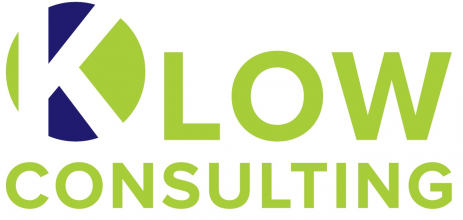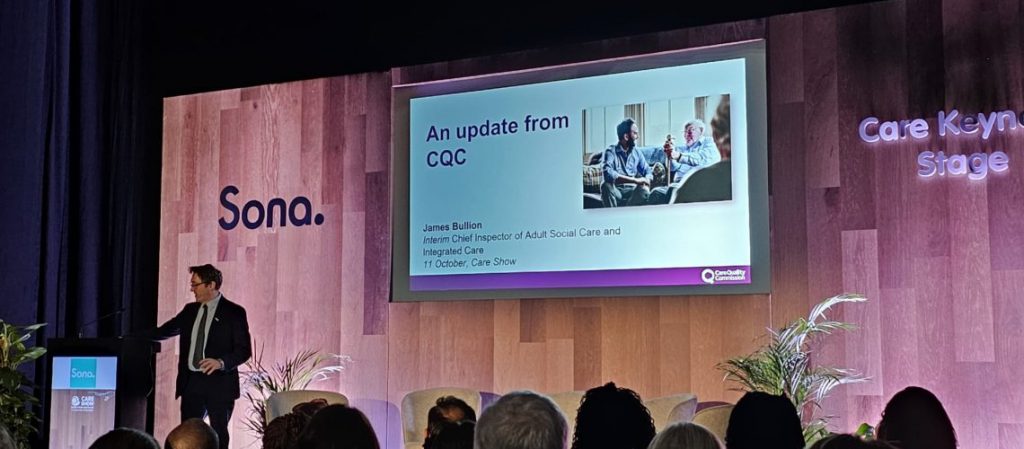Earlier this year, the Care Quality Commission (CQC) announced it would be making changes to the way it works with suppliers and providers. These changes would include the establishment of a new assessment framework and provider portal and will apply to providers, local authorities and integrated care systems.
Over the course of 2023, these plans progressed and the new portal started being rolled out in September with providers being invited to join in phases.
The new framework will start being used in November, again being rolled out in phases. These phases will be in geographic regions, starting with providers in the South of England, with a view to the framework working as standard from April 2024 for all providers.
The framework will retain the five key questions, but six new evidence categories will be introduced. There will also be quality statements which will focus on specific topic areas, based on people’s experiences and the standards of care they expect. These will replace the key lines of enquiry (KLOEs), prompts and ratings characteristics.
What do you need to do if you are a CQC provider?
The CQC will contact you when it is time for you to join the portal, so our advice would be to make sure they hold up to date contact details for you so you receive your portal invite and login details. You can also subscribe to receive email updates so you are kept informed of any changes as and when they are rolled out.
Also, you will be required to submit a lot more evidence, so start gathering this now.
Implications and considerations
Here at K Low Consulting, we are in a unique position. We are not a supplier or service provider to the CQC but many of our clients are. We are trusted by providers and can speak for them.
Having attended the Care Show 11 – 12 October in Birmingham and hearing a briefing from James Bullion, Chief Inspector of Adult Social Care and Integrated Care at the Care Quality Commission, we feel that these changes to the CQC Framework have big implications and we have some very real concerns that need serious consideration.
Firstly, this new framework is evidence-based, with the onus on the provider to gather and provide evidence themselves.
Since Covid, the CQC has had to carry out more desk-based audits and, if any problems were identified, a follow up inspection would take place. Even then, the CQC has struggled to meet demand and keep up with the number of in-person inspections required. So, it was obvious that any new process would need to be more efficient for the CQC.
But, with providers submitting their own evidence and quality statements, face-to-face inspections will be a thing of the past completely. Essentially, providers and suppliers can tell the CQC what they like and won’t be interviewed or tested on aspects such as safeguarding, which could adversely affect patient safety.
Another concern is that the framework is effectively becoming a self assessment process, with no independent audits or inspections taking place.
Lastly, National Institute for Health and Care Excellence (NICE) guidance and the NHS Long Term Plan identify patient-centred care as being central to good quality health services and recommend giving patients greater control over their own health and ensuring they have more personalised care when they need it. There has also been much made of the importance of the ‘patient voice’, encouraging patients to have their say on the health services they use. As part of the new framework, case studies and service user testimonials can be submitted but, as the provider is responsible for collating and uploading these, will they be truly representative? Should patients and service users be interviewed by someone independent?
It will be interesting to see how the new portal and framework pans out and we will look to do a follow up blog in due course.
Further information and guides for providers can be found on the CQC website.

